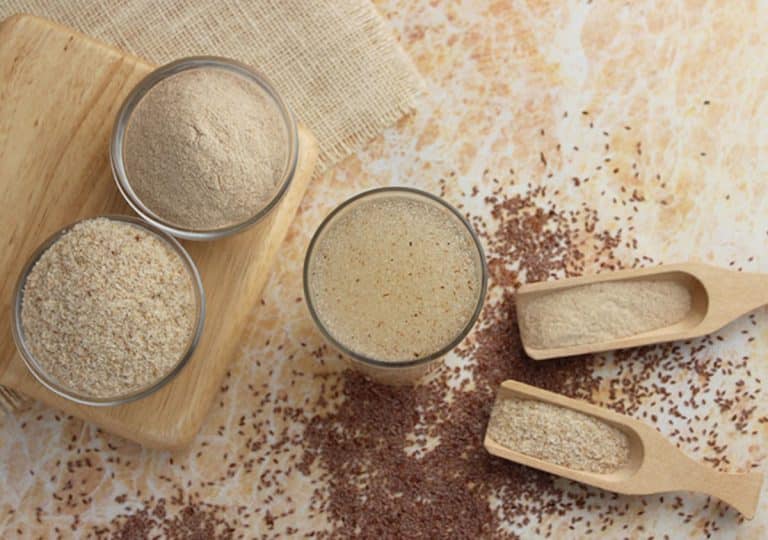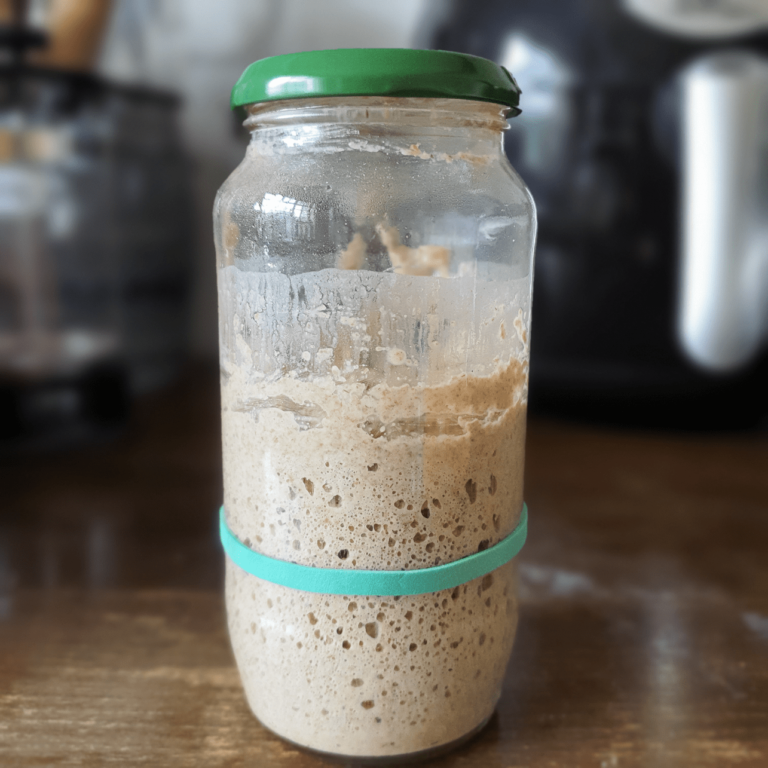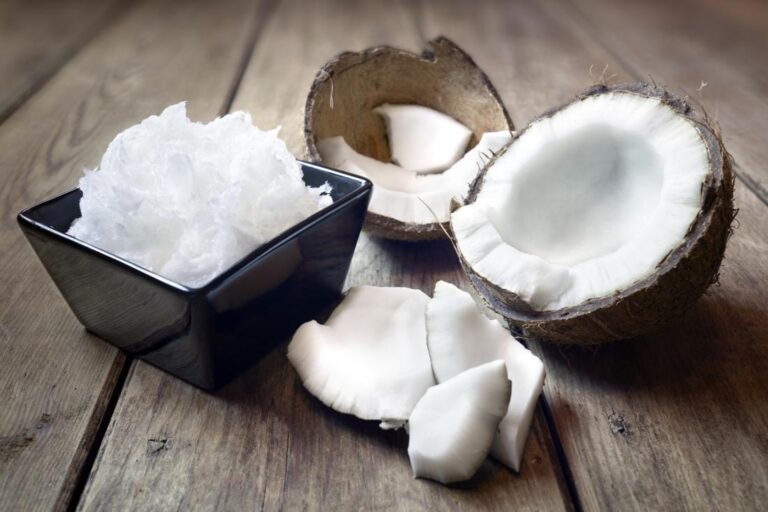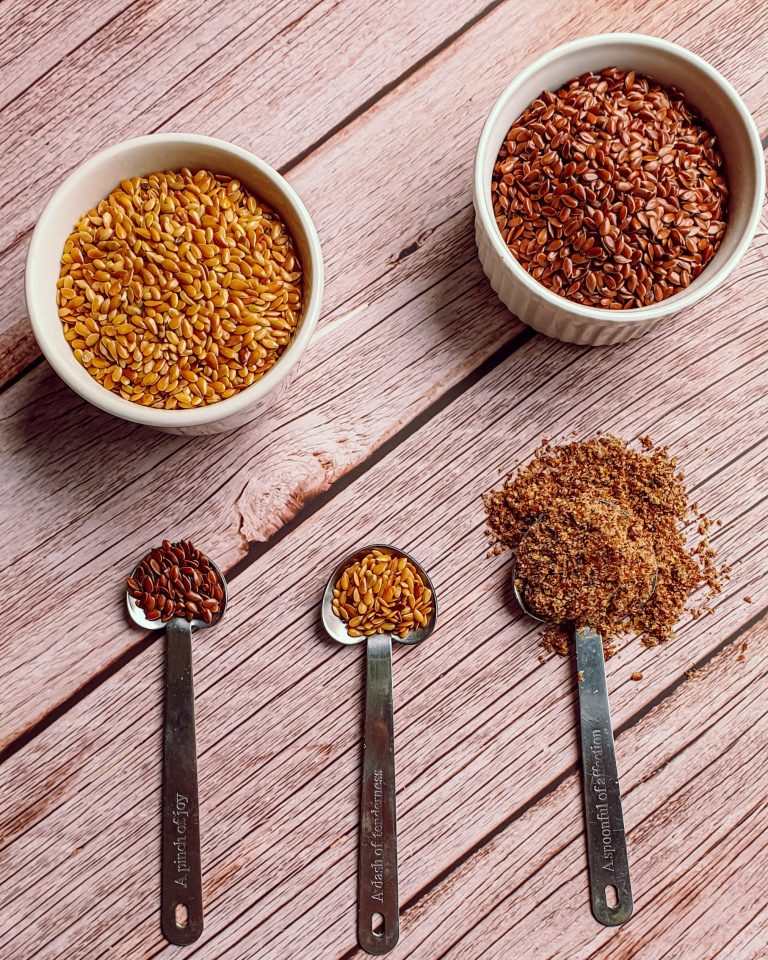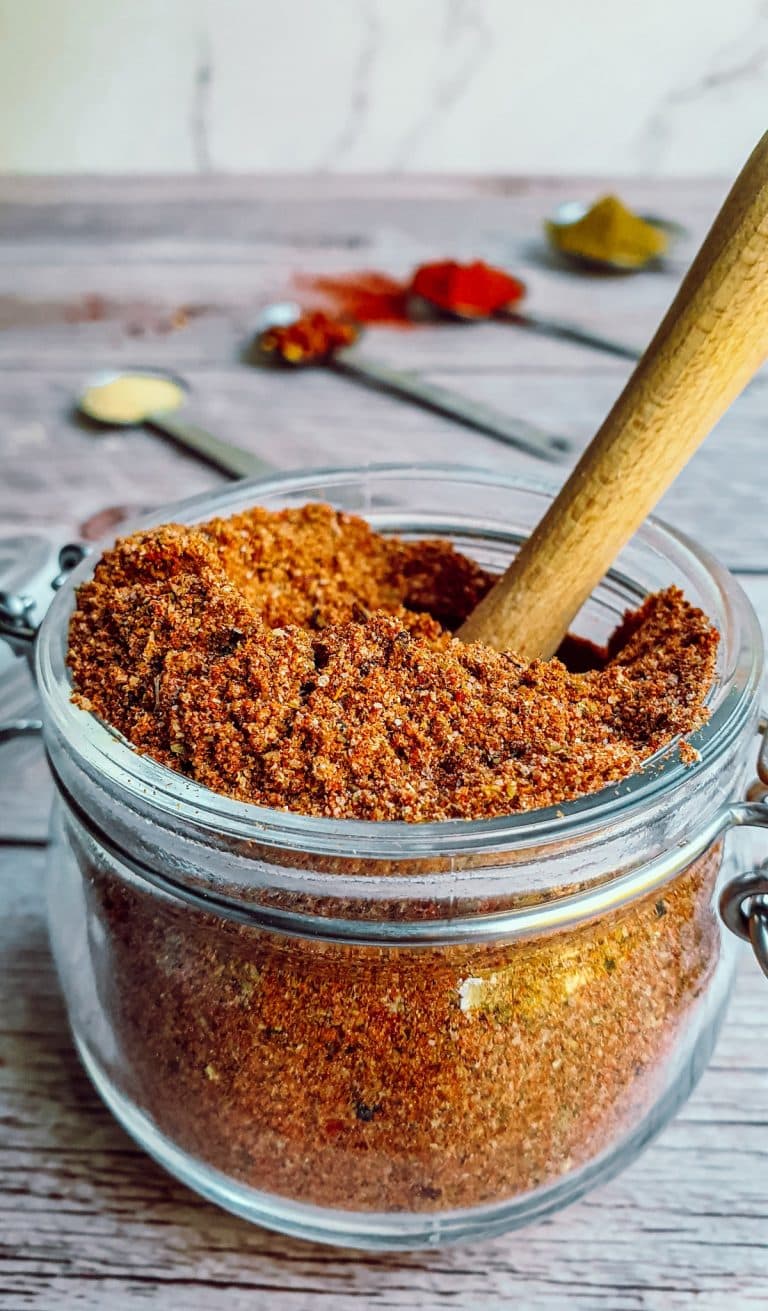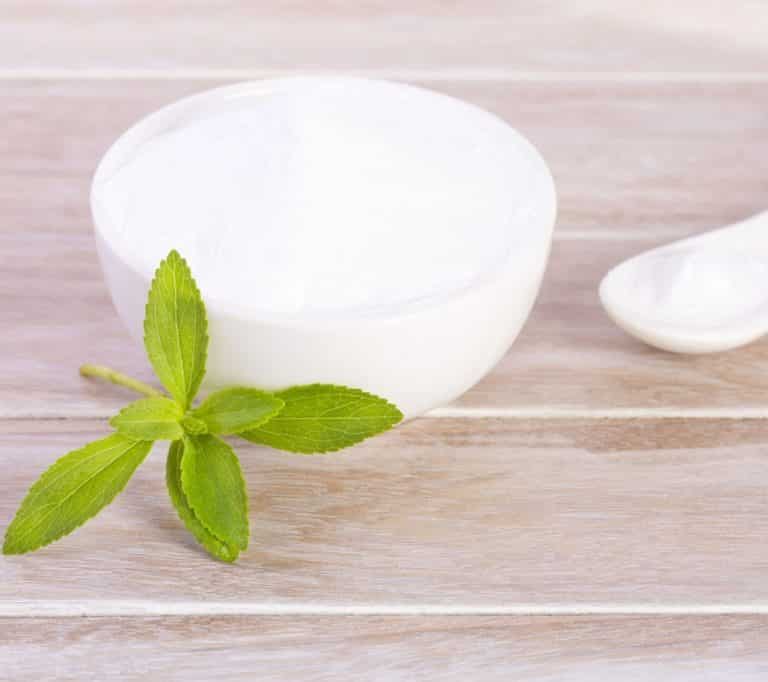10 REASONS TO GIVE UP SUGAR AND HOW
This post may contain affiliate links from iherb.com and other companies, which means that if you click on one of the product links, I’ll receive a small commission. I only recommend products that I use and love. Thank you for your support.
What do you know about sugar? Its white and make your food or drink sweet. Ok ok but sugar doesn’t end there. There is hell a lot of stuff behind that sweet white fine granulated powder that you might do not know. Thus, I will tell you my 10 Reasons to Give up sugar for Good and How.
WHAT YOU SHOULD GIVE UP SUGAR AND HOW
1. Obesity. Yes, it is a scary word but it is the truth. Sugar causes weight gain. Sugar-sweetened drinks like sodas, juices and sweet teas are loaded with fructose, a type of simple sugar. Consuming fructose increases your hunger and desire for food more than glucose, the main type of sugar found in starchy foods.
Additionally, excessive fructose consumption may cause resistance to leptin, an important hormone that regulates hunger and tells your body to stop eating. Consuming too much added sugar, especially from sugary beverages, increases your risk of weight gain and can lead to visceral fat accumulation. Here you can read more about Obesity and Obesity-related diseases.
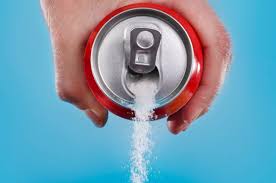
2. Increase your Risk of Heart Disease. Another scary word Heart Attack. High-sugar diets have been associated with an increased risk of many diseases, including heart disease, the number one cause of death worldwide. High-sugar diets can lead to obesity, inflammation and high triglyceride, blood sugar and blood pressure levels — all risk factors for heart disease.
In addition, consuming too much sugar, especially from sugar-sweetened drinks, has been linked to atherosclerosis, a disease characterized by fatty, artery-clogging deposits. Just one 16-ounce (473-ml) can of soda contains 52 grams of sugar, which equates to more than 10% of your daily calorie consumption, based on a 2,000-calorie diet (11). This means that one sugary drink a day can already put you over the recommended daily limit for added sugar.
3. Acne. For those teenager suffering from this evil disease and for those who are way past the teens, like 20s 30s and 40s. If you wonder why you are still or starting to suffer from cysts, pimples, whiteheads etc. A diet high in refined carbs, including sugary foods and drinks, has been associated with a higher risk of developing acne. Foods with a high glycemic index, such as processed sweets, raise your blood sugar levels more rapidly than foods with a lower glycemic index. Sugary foods quickly spike blood sugar and insulin levels, causing increased androgen secretion, oil production and inflammation, all of which play a role in acne development.
4. Diabetes. Jess! another dreadful word isn’t it?. The worldwide prevalence of diabetes has more than doubled over the past 30 years. Though there are many reasons for this, there is a clear link between excessive sugar consumption and diabetes risk.
I have a story here to tell you about my late grandfather. He was a clear example, of someone developing diabetes. When I was just 8 years old he used to drinking sugar-sweetened drinks like sodas every day, amongst biscuits, cakes, crisps and all sort of processed food that are packed with sugar and salt (sodium). All this together trigger him to have a stroke. That was the moment when the doctor tells my gramma that my grampa has diabetes. He did not die at that time but had to live over 20 years with half of the body numb dead by the stroke, in addition, he lost a toe due to the high sugar levels his body could not heal a wrong nail toe cut.

As a consequence, he had to live on a bland flavorless diet because by the time they didn’t know about Stevia, a great plant that sweetens without adding any calories or rising your Glycemic index or blood sugar (coming up soon in a different post). Sad sad story but true. Ok, ok storytime finished.
Also, obesity, which is often caused by consuming too much sugar, is considered the strongest risk factor for diabetes. What’s more, prolonged high-sugar consumption drives resistance to insulin, a hormone produced by the pancreas that regulates blood sugar levels. Insulin resistance causes blood sugar levels to rise and strongly increases your risk of diabetes. So, a high-sugar diet may lead to obesity and insulin resistance, both of which are risk factors for diabetes.
5. Depression. Yes yes yes like you read DEPRESSION. While a healthy diet can help improve your mood, a diet high in added sugar and processed foods may increase your chances of developing depression. Consuming a lot of processed foods, including high-sugar products such as cakes and sugary drinks, has been associated with a higher risk of depression.

6. Accelerate the Skin Aging Process. Wrinkles are a natural sign of ageing. They appear eventually, regardless of your health. However, poor food choices can worsen wrinkles and speed the skin ageing process. Advanced glycation end products (AGEs) are compounds formed by reactions between sugar and protein in your body. They are suspected to play a key role in skin ageing. Consuming a diet high in refined carbs and sugar leads to the production of AGEs, which may cause your skin to age prematurely. AGEs damage collagen and elastin, which are proteins that help the skin stretch and keep its youthful appearance.
When collagen and elastin become damaged, the skin loses its firmness and begins to sag. In one study, women who consumed more carbs, including added sugars, had a more wrinkled appearance than women on a high-protein, lower-carb diet.
7. Increase Cellular Aging. Telomeres are structures found at the end of chromosomes, which are molecules that hold part or all of your genetic information. Telomeres act as protective caps, preventing chromosomes from deteriorating or fusing together. As you grow older, telomeres naturally shorten, which causes cells to age and malfunction. Although the shortening of telomeres is a normal part of ageing, unhealthy lifestyle choices can speed up the process. Consuming high amounts of sugar has been shown to accelerate telomere shortening, which increases cellular ageing. In fact, each daily 20-ounce (591-ml) serving of sugar-sweetened soda equated to 4.6 additional years of ageing, independent of other variables.

8. Drains Your Energy. Foods high in added sugar quickly spike blood sugar and insulin levels, leading to increased energy. However, this rise in energy levels is flattened. Products that are loaded with sugar but lacking in protein, fibre or fat lead to a brief energy boost that’s quickly followed by a sharp drop in blood sugar, often referred to as a crash. Having constant blood sugar swings can lead to major fluctuations in energy levels. To avoid this energy-draining cycle, choose carb sources that are low in added sugar and rich in fibre. Pairing carbs with protein or fat is another great way to keep your blood sugar and energy levels stable. For example another way how to give up sugar is by eating an apple along with a small handful of almonds is an excellent snack for prolonged, consistent energy levels.
9. Fatty Liver. A high intake of fructose has been consistently linked to an increased risk of fatty liver. Unlike glucose and other types of sugar, which are taken up by many cells throughout the body, fructose is almost exclusively broken down by the liver. In the liver, fructose is converted into energy or stored as glycogen. However, the liver can only store so much glycogen before excess amounts are turned into fat. Large amounts of added sugar in the form of fructose overload your liver, leading to non-alcoholic fatty liver disease (NAFLD), a condition characterized by excessive fat buildup in the liver.
Other Health Risks to give sugar for good
Aside from the risks listed above, sugar can harm your body in countless other ways.
Research shows that too much added sugar can:
Increase kidney disease risk: Having consistently high blood sugar levels can cause damage to the delicate blood vessels in your kidneys. This can lead to an increased risk of kidney disease. Storytime!!! When I was in my early 20s, I developed kidney stones that my doctor point out was fault of the sugar sodas that I was drinking every day when I was working at the movies. Since then I no longer drink cokes or any other similar drink, no more than once a month or more.
Negatively impact dental health: Eating too much sugar can cause cavities. Bacteria in your mouth feed on sugar and release acid byproducts, which cause tooth demineralization.
Increase the risk of developing gout: Gout is an inflammatory condition characterized by pain in the joints. Added sugars raise uric acid levels in the blood, increasing the risk of developing or worsening gout.
Accelerate cognitive decline: High-sugar diets can lead to impaired memory and have been linked to an increased risk of dementia.
Research on the impact of added sugar on health is ongoing, and new discoveries are constantly being made.
Ok ok, I know you want to know
HOW TO GIVE UP SUGAR AND HOW
Otherwise, why would you be reading this post?
Excessive added sugar has many negative health effects. Although consuming small amounts now and then is perfectly healthy, you should try to cut back on sugar whenever possible.
Fortunately, simply focusing on eating whole, unprocessed foods automatically decreases the amount of sugar in your diet.
Here are some tips on how to reduce your intake of added sugars
- Swap sodas, energy drinks, juices and sweetened teas for water or unsweetened seltzer.
- Drink your coffee black or use Stevia for a zero-calorie, natural sweetener (coming up soon post).
- Sweeten plain yogurt with fresh or frozen berries instead of buying flavored, sugar-loaded yogurt.
- Consume whole fruits instead of sugar-sweetened fruit smoothies.
- Replace candy with a homemade trail mix of fruit, nuts and a few dark chocolate chips.
- Use olive oil and vinegar in place of sweet salad dressings like honey mustard.
- Choose marinades, nut butter, ketchup and marinara sauce with zero added sugars.
- Look for cereals, granolas and granola bars with under 4 grams of sugar per serving.
- Swap your morning cereal for a bowl of organic rolled oats topped with nut butter and fresh berries, or an omelet made with fresh greens.
- Instead of jam (jelly), slice fresh bananas onto your peanut butter sandwich, or pick the no added sugar jams, also you can make your own at home.
- Use natural nut butter (almond, peanut, cashew, etc) in place of sweet spreads like Nutella or make your own one at home.
- Avoid alcoholic beverages that are sweetened with soda, juice, honey, sugar or agave. Use instead the low-calorie ones.
- Focus on fresh food, whole ingredients sections in the supermarket. Avoid junk food and sweets aisles.
In addition, keeping a food journal is an excellent way of becoming more aware of the main sources of sugar in your diet.
The best way to limit your added sugar intake is to prepare your own healthy meals at home and avoid buying foods and drinks that are high in added sugar. If you don’t have time to prepare your meal every day, you can choose a day of the week to meal prep all the food of the week.
Check some of my low carb sugar free recipes
Sugar Free Dried Cranberries
Healthy Low Carb Sugar Free Cranberry Sauce
Sugar Free Hazelnut (Nutella) Spread
Hope you enjoy my post about Sugar and How to start quitting it. Follow me on Instagram @ikarlina_l #ikarolina_l . Also, I am on Pinterest iKarolinaL and Facebook ikarolinal . It will make my day.
Share this post about 10 Reasons to Give sugar and How on social media. It might help someone.
Disclaimer: This post is based on my research, what I did through the internet and my personal experience and opinion. The above is for general information only and not medical advice. My intent is not to force you to change your food habits and lifestyle. I am just showing you my food habits. I am just a health passionate. Always consult your Doctor before making any big changes in your health/lifestyle. If you like the post then considers sharing it with others fit and healthy lifestyle enthusiast on social media.



